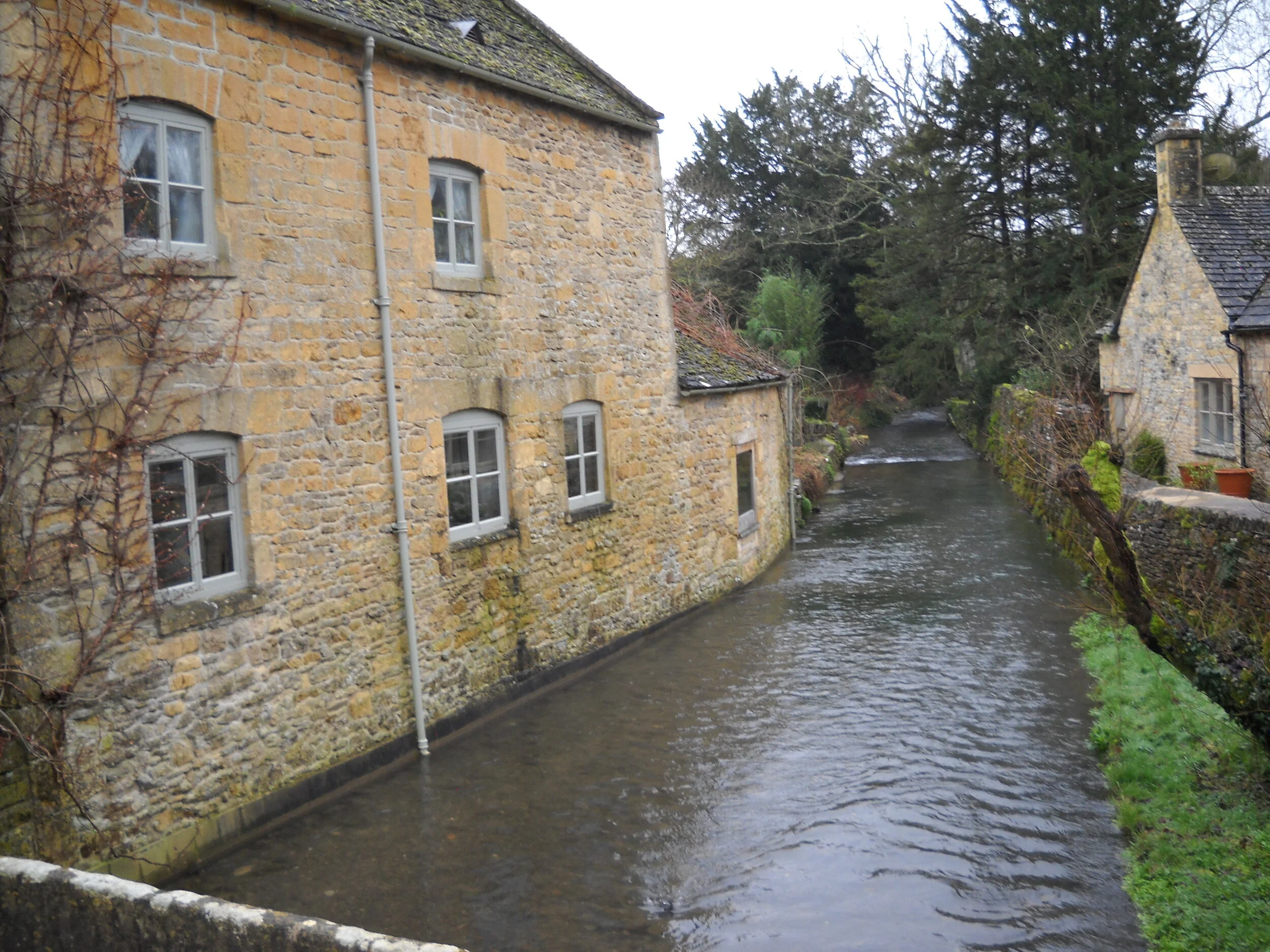Land Development Q&A's
Land Development Questions and Answers:
Let’s look at some of the common questions that folks newer to land development have. These questions come up over and over again so it seems that an overview is warranted, maybe even for those of us that have been around for a while.
But first:
Land development is governed by federal, state, county and local laws as we know. How these laws apply are dependent on the unique characteristics of the land and the intended development use for it.
An example would be water service. If a developer is contemplating drilling a well and creating a water system to supply domestic water to a project, his considerations are different than a guy who is going to tie into an existing public utility district water main running past his property. For these reasons, the responses to the commonly asked questions below are opinions, not absolutes.
Common Land Development Questions / Responses:
? - If I am looking to buy land for development, what is the first thing I should do?
R - Determine where the utility tie-ins are. Water, power, gas & sanitation (sewage).
? - What if I already know where the off site utility tie-ins are?
R - Determine the cost of the utility tie-ins and if the utility provider has the capacity to serve the project?
? - What is my first step if I already own the land and I want to develop it?
R - Schedule a consultation with a civil engineer and land use attorney.
? - If I put land under contract, what is the best safety net for getting out of the deal if I need to?
R - An attorney drafted contract that allows for a full refund of the earnest money deposit, at the buyer’s sole discretion, during the inspection period defined in the contract.
? - How can I be relatively sure my development plans will work?
R - You can’t since land development is speculative. That means undertaking risk with no guarantee of success.
? - Should I partner with someone else to develop my land for me?
R - In my opinion no - errors, liens etc. tend to fall back on the landowner, which is you.
? - Then what should I do with my land if I know I am not cut out to develop it myself?
R - You could sell it to an established developer while pricing the development potential of the land into the sale.
? - How do I know how much of my land is useable?
R - Identify topographic, environmental and geotechnical characteristics of the land and the laws that apply to them. See post - Topography In Land Development.
? - Aren’t septic systems cheaper to develop than sewer?
R - Generally yes, since most developers will only need to provide a septic design for a sale-ready lot. The soil for each lot must perk though.
? - Aren’t wells cheaper to develop than using public water?
R - Not necessarily. State laws are very tight with water use and in many states water rights applications take years to be reviewed. Sometimes water rights are not realistically available at all. See my post on Understanding Water Rights.
? - What are the top 3 stress factors for you in land development?
R - Managing large amounts of other people’s money / handling environmental problems / entitlement time delays resulting in cost and time overruns.
? - What is the #1 mistake people make in land development?
R - Acquisition. Buying land that doesn’t pencil out or can’t be developed for the intended purpose. Also, having no Plan “B”, if Plan “A” doesn’t work.
? - How can I avoid acquisition mistakes?
R - Conduct a thorough inspection of the land as it sits. Then, determine if the intended development is realistically feasible. Avoid haste and being overly optimistic. Have an experienced real estate attorney draft and advise on the contract before signing.
? - How do I conduct a thorough inspection?
R - Be willing to hire and pay for the correct professionals. Start with a civil engineer and land use attorney, then move to the appropriate consultants as advised.
Linear progression:
I am the kind of guy that creates and follows a critical path. This means taking the steps of development in the correct sequence. By doing so, progress with complex tasks and compliance requirements are kept in focus. Nothing is set in stone however, so adaptability is also a key skill set.
Reliance on self and a strong “can do” attitude is needed. At the same time a breadth of perspective is necessary to realize that it will be necessary to rely on others to succeed. This reliance is with the folks who are on your side to push the project through, as well as others who will testify against your project at public hearings, or otherwise obstruct progress. Suggested reading: post titled “Is Land Development For Me”?
The land development questions and answers provided are meant to get you thinking. Consider them as a way to start assessing not only the land for development, but also yourself for the tasks ahead. Know that your consultants will raise questions, so be a good listener and learn.
I have said before that one of the key reasons I have enjoyed a measure of success in this business is by finding and surrounding myself with people that know way more than I do. It’s ok to be have a measure of humility since it is the pathway to knowledge. Good luck!






